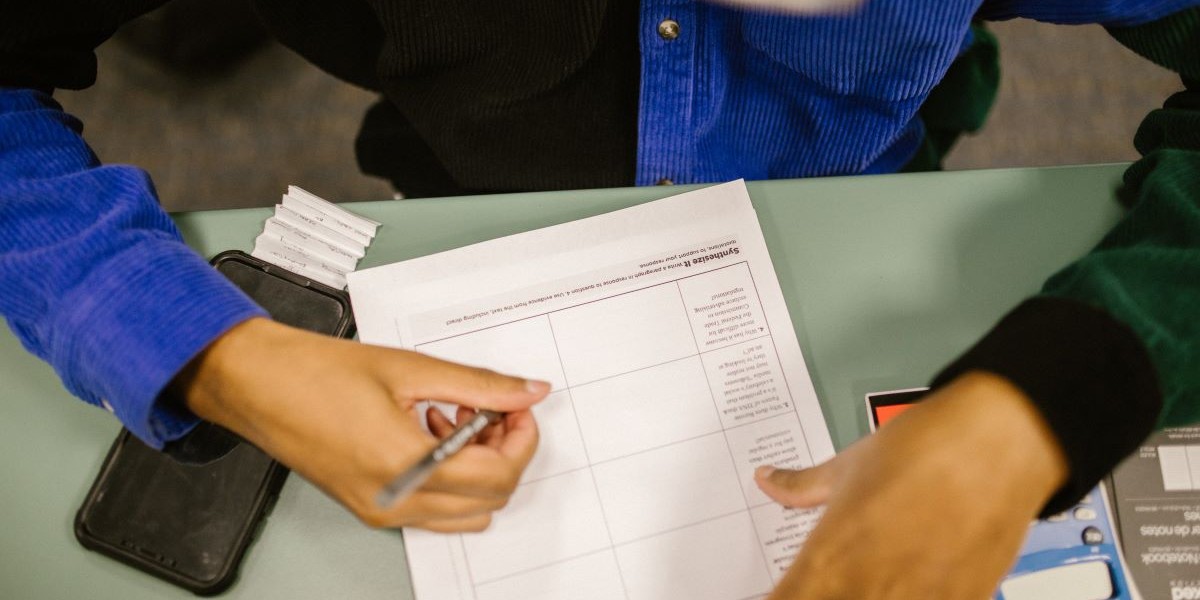Welcome to the Assessment Page

Assessment
Educational assessment is the process of collecting and documenting a child's knowledge, skills, and attitudes in measurable terms.
The main purposes are to determine the starting points of education provide feedback during instruction (formative assessment), and document the learning achievement (summative assessment). In special education, there is one more significant assessment process called a diagnostic assessment. This is used to make a decision about a child’s potential disability, strengths, weaknesses, and areas of need. Based on these three different assessments, the IEP team develops a special education plan for the individual child.
A diagnostic assessment is required to determine if a child falls into one of 13 categories of disabilities for special education eligibility. Professionals and medical doctors assess infants and toddlers at risk or with symptoms to determine the disability. For example, in cases of orthopedic impairment, blindness, deafness, and autism, professionals such as pediatricians, psychiatrists, or psychologists can diagnose these disabilities. However, some children can go unnoticed when the severity of the disability is mild. Some might be identified after starting school due to their delayed academic development and social maturity while competing with typically developing children. Children with a learning disability, behavior disorder, or mildly autistic children who are in the normal intelligence range, are more difficult for parents to recognize and identify their disabilities. Some are never identified. Therefore, it is important for children at risk to be checked by professionals.
If a child shows signs of developmental delay according to the developmental milestones, parents must consult regional centers or school districts for free professional disability screening or free early childhood special education before kindergarten. At age 3, the eligibility for special education is determined.
Special education and related services are provided for children whose needs cannot be met in a general education setting. If the child is not learning or developing normally, a teacher, parents, doctors, or anyone who is involved in the student’s education can make a referral to special education. Once requested, a school district forms a team of professionals in different fields of suspected areas of concern. IDEA requires that eligibility must be assessed by a team of professionals in different fields, qualified professionals with certifications, and tests should preferably be in the native tongue or with an understanding of their language and culture. Also, more than one test should be used for assessment. An individual intelligence test, academic achievement, and social and behavioral skills are evaluated for accurate placement. Vision and hearing screening, speech and language assessment, motor skills assessment, and other medical records are assessed as well.
Parental consent is required before the test, and test results must be confidential. Because only professionals can determine the disability, only individuals with certifications such as psychologists and medical doctors can perform these tests. The results are presented at the IEP meeting and they will determine the eligibility for special education and related services. The IEP includes the present level of performance, goals and objectives, needed related services and their beginning and ending dates, placement and rationale, amount of mainstreaming, signatures, and transition plan.
The most important part of assessment is identifying the child’s strengths and interests. Observations in natural settings and various information assessments are the best methods to understand a child with significant disabilities. Parents who spend more time with a child should document and advocate during the IEP meeting.